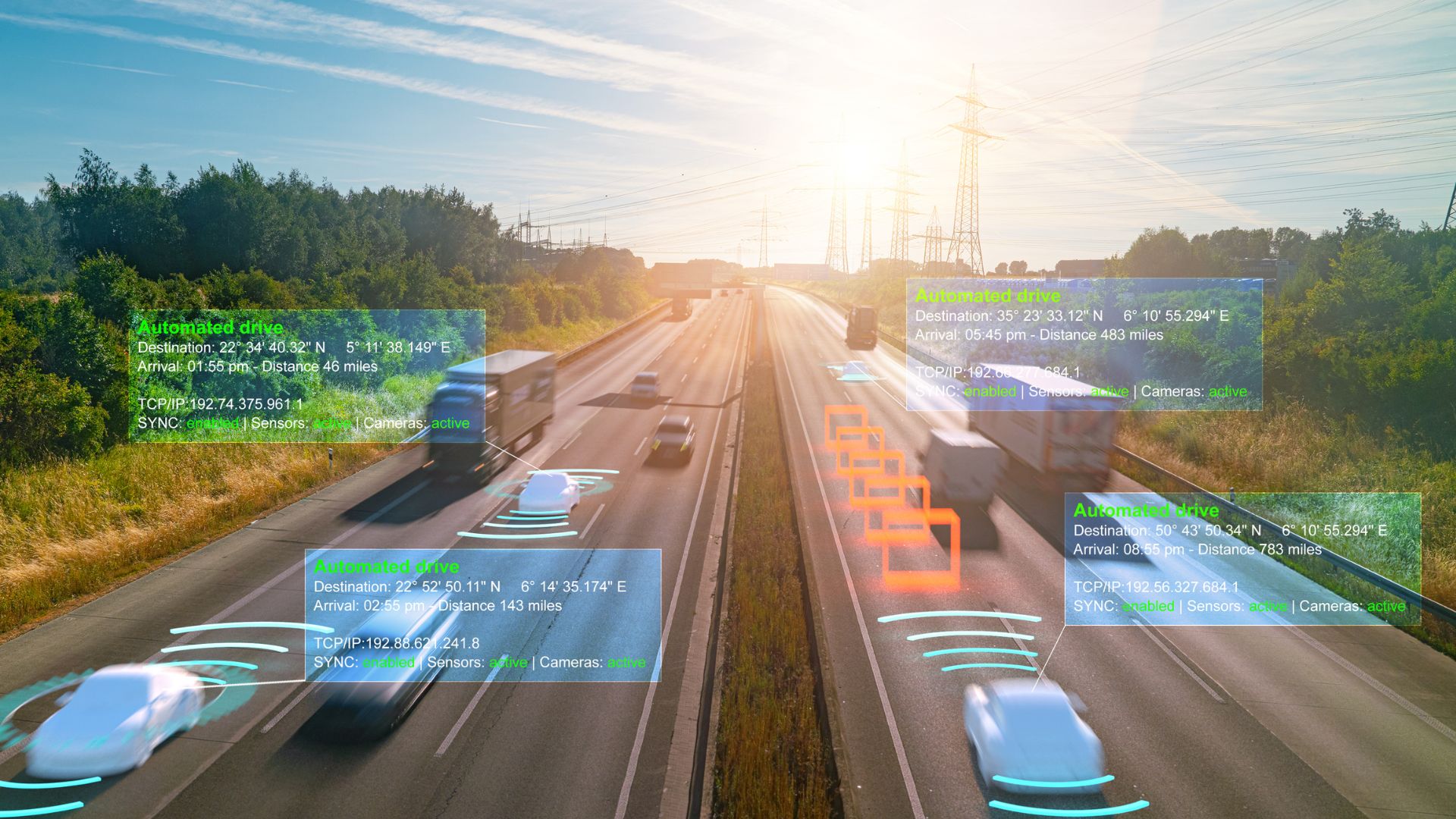The Future of Transportation: Autonomous Vehicles and Beyond

The future of transportation is rapidly evolving, with autonomous vehicles (AVs) at the forefront of this transformation. AVs, equipped with advanced sensors, AI, and connectivity technologies, promise to revolutionize how we travel, enhancing safety, efficiency, and convenience.

One of the primary benefits of AVs is improved safety. Autonomous systems are designed to eliminate human error, which is a leading cause of accidents. Advanced sensors and AI enable AVs to detect and respond to their environment in real-time, avoiding collisions and ensuring safe navigation. This technology is expected to significantly reduce the number of traffic-related injuries and fatalities.

Moreover, AVs enhance efficiency by optimizing traffic flow and reducing congestion. Connected AVs can communicate with each other and with traffic management systems to coordinate their movements, minimizing delays and improving travel times. This efficiency also extends to public transportation, where autonomous buses and shuttles can provide reliable and convenient service.

Beyond autonomous vehicles, the future of transportation includes the development of new mobility solutions, such as hyperloop systems, electric vertical takeoff and landing (eVTOL) aircraft, and smart transportation infrastructure. These innovations aim to provide faster, greener, and more efficient transportation options, transforming urban mobility and reducing the environmental impact of transportation.

In summary, the future of transportation is marked by the rise of autonomous vehicles and the development of advanced mobility solutions. These technologies promise to enhance safety, efficiency, and sustainability, shaping the future of travel.
